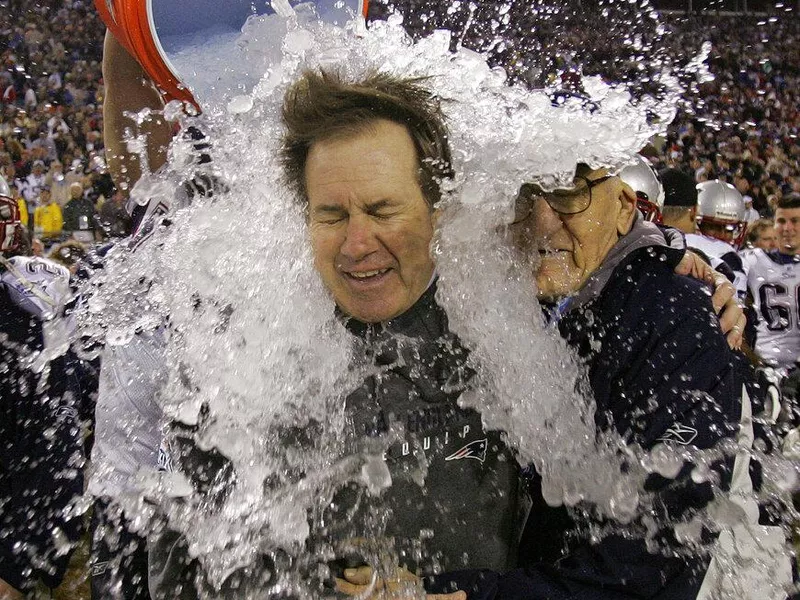I’ve received a wide variety of reactions over the years when I say I don’t watch football, ranging from, “laaaame” to “do you hate America?”
And you know what? That’s fair. Football is the most-watched sport in the nation. As an avid health and fitness nut who’s picked up a variety of sports as an adult, it feels hypocritical to be completely clueless about one of the country’s most popular sports.
So I did it. I watched an entire football game and jotted down my first reactions — I watched the Pittsburgh Steelers beat the Tennessee Titans, 20-16, on Amazon Prime. My colleague and sports fanatic, Tony Adame, has graciously answered all my dumbest football questions below.
Help me, Tony. I know not the ways of the ball of foot. Which brings me to my first question…
A: It Starts With Picking Your Favorite Team

David J. Phillip / AP Photo
1. Pick a team to root for. Stick with them whether they win or lose.
2. Pick a favorite player. Learn a few important facts about them like height and weight and where they went to college. Or who they’re dating.
3. Pick a team you hate. Hopefully this just comes naturally. Part of being a football fan is feeling a deep-seated loathing for teams you can’t stand. It’s almost as important as picking a favorite team.
4. Get some gear. Get a shirt or a hoodie or a hat from your favorite team. The NFL has every kind of clothing imaginable — for men and women — for every single team. This will be your Bat-Signal to other football fans, essentially.
5. Don’t gloat too much when you win. It always comes back around.